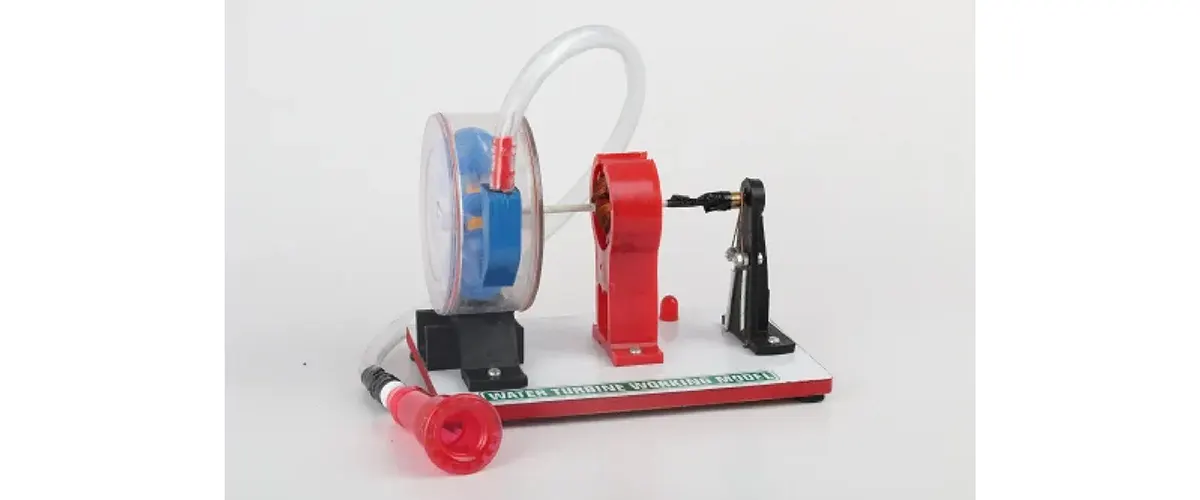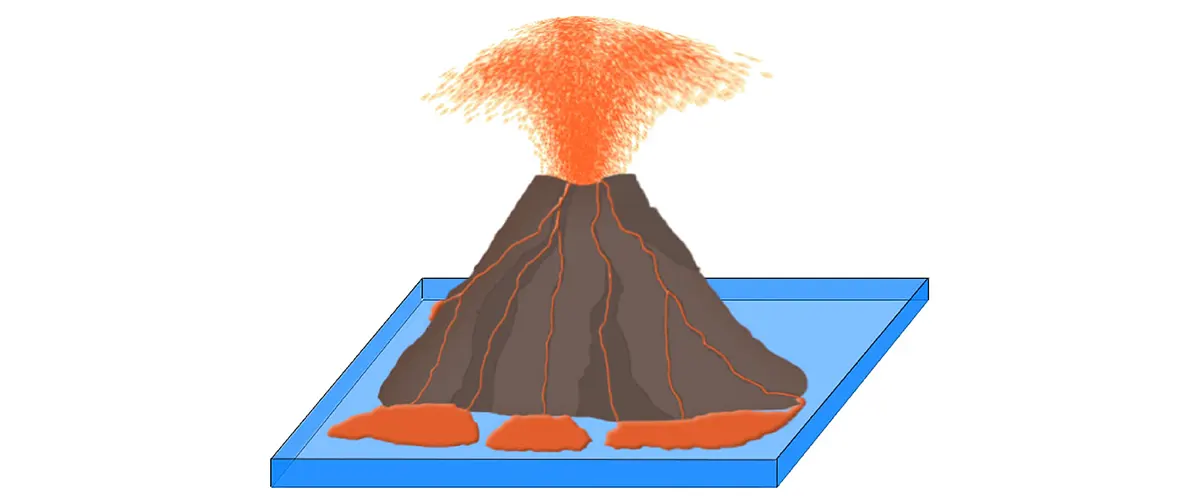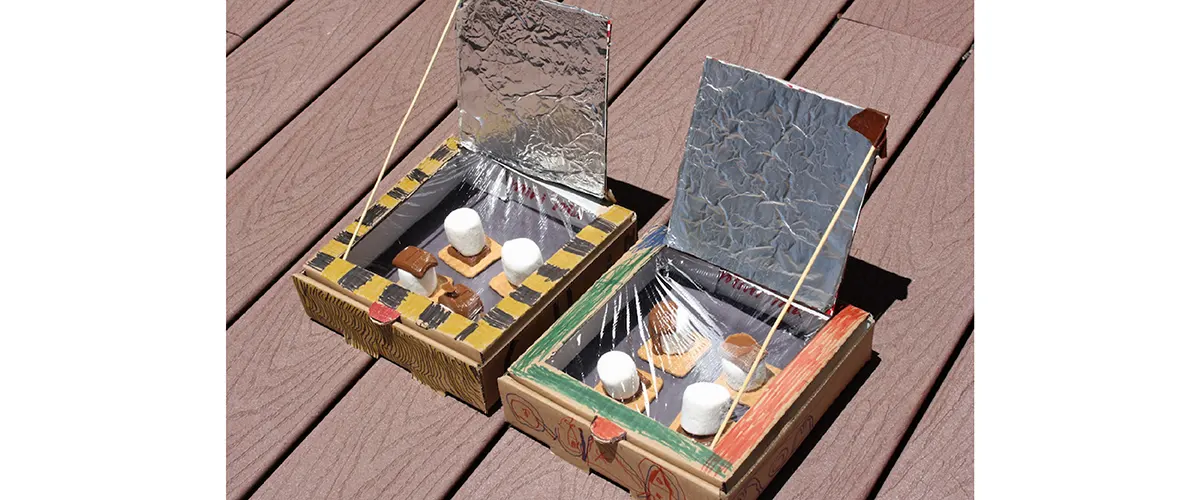Science is not just about reading chapters and memorising formulas—it is also about exploring how things work around us. And that is exactly what science projects let you do! In class 9, you learn important physics, chemistry, biology, and environmental science topics. Science projects allow you to apply what you have learned in class to real-life situations. Whether testing plant growth under different conditions or building a water turbine, these activities make learning fun and meaningful.
This blog will discuss some of the best science project ideas for class 9. Each project is easy to try, uses materials you can find at home, and aligns perfectly with your class 9 science syllabus. We have also included useful tips to help you finish your project successfully. Let us get started!

Best Science Project Ideas for Class 9 Students
Below are 12 exciting science project ideas for class 9 divided by subject. We have also included a list of materials needed and a brief explanation of the process for each science project topic for class 9.
Science Projects for Class 9 Physics
1. Balloon-powered car
Topic covered: Newton’s laws of motion
Materials needed: Balloon, cardboard, straws, bottle caps (for wheels), tape, scissors
Process:
- Cut the cardboard into a rectangular shape for the car’s base.
- Attach straws horizontally underneath the base to hold the wheels.
- Insert a skewer through each straw and attach bottle caps at the ends to act as wheels.
- Tape a balloon at the back of the car. Blow it up and release it to see the car zoom forward!
What you will learn: This experiment helps you understand how air pressure creates force and how Newton’s third law (every action has an equal and opposite reaction) applies in real life.
2. Water turbine model
Topic covered: Energy conversion and renewable energy
Materials needed: Plastic spoons, cardboard, small motor, wires, glue
Process:
- Fix plastic spoons around a circular cardboard piece to form a rotor.
- Attach the rotor to a motor and connect it to wires.
- Place the turbine under running water (like a tap) and watch it spin.
What you will learn: This project demonstrates how mechanical energy (moving water) can be converted into electrical energy.

3. Magnetic levitation train model (Maglev)
Topic covered: Magnetic force and friction
Materials needed: Strong magnets, cardboard, tape, glue, toy train model (optional)
Process:
- Create a small railway track using cardboard, then line it with magnets arranged so their poles repel.
- Attach magnets with the same polarity on the train base to make it levitate.
- Push the train gently along the track to see it glide without friction.
What you will learn: This model explains how magnets reduce friction and make high-speed travel possible.
Science Projects for Class 9 Chemistry

1. Homemade volcano experiment
Topic covered: Chemical reactions (acid-base reaction)
Materials needed: Baking soda, vinegar, clay/paper mache, red food colouring, a small plastic bottle
Process:
- Build a volcano structure around the bottle using clay or paper mache.
- Add baking soda and food colouring inside the bottle.
- Pour vinegar into the bottle to create a bubbling “eruption.”
What you will learn: This experiment shows how carbon dioxide gas is released when an acid (vinegar) reacts with a base (baking soda).
2. Make your pH indicator
Topic covered: Acidity and alkalinity (pH)
Materials needed: Red cabbage, water, bowls, lemon juice, soap, vinegar, spoon
Process:
- Shared some red cabbage and boil it in water till the water turns purple.
- Transfer the cabbage water into different transparent bowls.
- Different concentrations are formed when you add different things to the above solution. You can try it with lemon juice, vinegar and soap. Look closely to see the colour change.
What you will learn: This project teaches how natural pH indicators work by changing colours in acidic and basic solutions.
3. Crystallisation experiment
Topic covered: Solubility and crystal formation
Materials needed: Salt or sugar, warm water, glass jar, string, pencil
Process:
- Dissolve a large amount of salt or sugar in warm water until the solution is saturated.
- Tie a string to a pencil and place it over the jar, with the string hanging into the solution.
- Leave it undisturbed for a few days to observe the crystals forming on the string.
What you will learn: You will learn about crystallisation, which is the process of solid particles forming from a solution.
Science Projects for Class 9 Biology
1. Plant growth under different light conditions
Topic covered: Basic plant biology and photosynthesis
Materials needed: Three small plants, sunlight, LED light, fluorescent light, and water
Process:
- Place each plant in a different environment. One gets sunlight, one gets LED light, and the other gets fluorescent light.
- Water them equally every day and observe their growth for a week.
What you will learn: This experiment helps you understand the role of light in photosynthesis and how different light sources affect plant growth.
2. How dirty is your drinking water?
Topic covered: Water purity and testing
Materials needed: Water samples (tap, well, bottled), water-testing strips or kit, beakers
Process:
- Collect different water samples and pour them into separate beakers.
- Use the testing strips or kit to check the presence of contaminants like chlorine, nitrates, or pH levels.
What you will learn: This project shows the importance of water quality and how to test for impurities.
3. The effect of music on plant growth
Topic covered: Environmental influence on living organisms
Materials needed: Two potted plants, a speaker, music playlist
Process:
- Keep one plant in a room with music playing regularly and the other in a quiet room.
- Water both equally and compare their growth over two weeks.
What you will learn: You will explore how external stimuli like sound waves can influence the growth of living things.
Science Projects for Class 9 Environmental Science
1. Composting at home
Topic covered: Waste management and soil health
Materials needed: Kitchen waste (fruit peels, vegetable scraps), dry leaves, small bin
Process:
- Layer the kitchen waste and dry leaves in a compost bin.
- Turn the compost every few days to allow air circulation.
- In a few weeks, you will have nutrient-rich compost ready to use in plants.
What you will learn: This project teaches you about the significance of composting and how it reduces wastage while at the same time improving soil condition.
2. Build a solar cooker
Topic covered: Renewable energy and heat absorption
Materials needed: Cardboard boxes, aluminium foil, black paper, plastic cling wrap, thermometer
Process:
- Line black paper inside the cardboard box to capture the heat.
- Cover the lid with aluminium foil to reflect sun rays on the top.
- Wrap the top with cling film and place food inside.
- Measure the temperature with a thermometer to see how much heat the solar cooker captures.
What you will learn: This project shows how solar energy can be used to cook food, promoting sustainable energy use.

3. Air pollution monitor
Topic covered: Air quality and pollution
Materials needed: Cotton balls, small fan, glue, paper plates
Process:
- Glue cotton balls on paper plates and position them around different places, both indoors and outdoors.
- Place the small fan near the cotton balls to circulate air.
- Compare how dirty the cotton balls look after 24 hours to see which place has more pollutants.
What you will learn: This project raises awareness about air pollution and helps you measure air quality using simple tools.
Tips for Successfully Completing a Science Project
Having lots of ideas is great, but choosing the right one and following the right steps are crucial to creating a successful science project. Here are some tips to guide you along the way:
- Do your research: Before choosing your science project topic, spend some time researching about it. Read up on similar experiments or projects. It is important to know what you are getting into so you do not feel stuck or have to leave it halfway through.
- Pick a project you enjoy: Always choose a topic that you are excited about. When you enjoy what you are doing, it will not feel like work. If you like physics, go for a project that involves motion or energy.
- Plan for the future: Break the project into small steps and set deadlines. For example, if you need materials, make a list of all the stuff and plan to get them a week before starting. This way, you will not be rushing at the last minute.
- Document everything: Keep a notebook to write down what you do every day. Record observations, changes, and results. This makes it easier to prepare a report or presentation later.
- Test your project before submission: Always run a trial to make sure everything works smoothly. If you are building a model or experiment, test it a couple of times to avoid any last-minute issues.
- Ask for help when needed: It is okay to ask for help from teachers, parents, or friends. Science projects are meant to be a learning experience, and asking questions is part of learning.
- Use recyclable materials: Try to reuse old items like cardboard boxes or bottles instead of buying new stuff. Not only does it save money, but it also helps the environment.
- Be creative with presentations: If your project involves a presentation, make sure to explain the idea clearly. Use colourful charts or pictures to grab attention. You can also practise in front of your family to build confidence.
- Prepare for questions: If you are presenting your project at school, an exam or a competition, teachers or judges might ask questions. Make sure you understand the topic well and practice explaining your project in simple words.

Conclusion
In a nutshell, picking the right science project can make learning both fun and meaningful for students. Enjoy the process, plan well, and stay curious: these are the secrets of a successful science project. Now go through the list of ideas and tips above and make your imagination come to life!
FAQs
1. How do I choose the best science project idea for me?
Choose an idea that you are interested in. For example, you could do a biology project if you love exploring nature or living beings. If you like technology or understanding the workings of machines, physics or any energy-based idea would work for you.
2. Can I use household items for my 9th-class science project?
Yes! Many science experiments use day-to-day items like baking soda, vinegar, and cardboard. It is both economical and environmentally friendly.
3. Do I need to create a report along with the project work for class 9 science?
Yes, most science projects require a report. Make sure to note your observations, steps, and results so you can easily put them into your report.
4. What if my science experiment does not work?
That is okay! Science is all about learning from failures too. Think about what went wrong and try to fix it. You can also explain the challenges you faced in your presentation.


I have been absent for a while, but now I remember why I used to love this web site. Thank you, I’ll try and check back more often. How frequently you update your website?